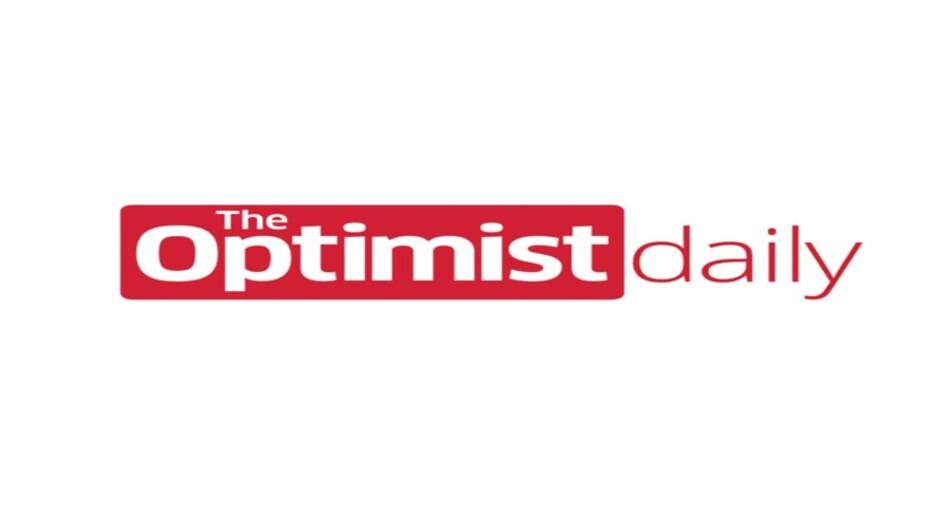Cleaning products often come in disposable plastic packagings, such as little soap bottles or window sprays. Other than the massive amounts of waste this creates, the problem is that the packaging itself jacks up the price of the product.
In fact, packaging can make up as much as 40 percent of the cost of a product, which can really add up for poorer families. This is especially the case when families opt for smaller-sized products because they can’t afford the bulk-sized products that offer a better bargain down the line.
In Chile, a startup called Algramo is tackling this problem by providing an efficient, automated bulk-dispensing system for staple food and cleaning products — opening up economies of scale to customers at all income levels. With 2,500 locations in Chile, Algramo—which in Spanish means “by the gram” — offers classic brands of household goods at surprisingly cute refill kiosks, and even home delivery on electric tricycles.
How it works is consumers can bring their own reusable packaging and fill up however much of the product they need. Algramo has proven a big success in Chile, partially because the startup works with big, established companies rather than trying to fight against them. By working with companies such as Unilever to offer products such as laundry detergent, Algramo can help those companies change their wasteful packaging practices while offering the products consumers want at more affordable prices. “We don’t have time to give us the privilege of being a competitor,” said José Manuel Moller, founder of Algramo.
“Today, we are pushed to collaborate — otherwise, we’re not going to reach the standards and agreements that will prevent catastrophic climate change.”
Because of Algramo’s far-reaching success in Chile, the startup is now making its debut in New York City. Thus far, Algramo kiosks offer four high-demand cleaning products: EcoLogic hand sanitizer, Clorox Bleach, a multi-surface cleaner made by Pine-Sol, and Softsoap liquid hand soap. The pilot is focused on mixed-income neighborhoods. Moller has found that Algramo has two main target audiences: cash-strapped shoppers and eco-friendly shoppers.
In the online publication Grist, they describe the Algramo system in New York like this: The first time you visit an Algramo station (essentially a high-tech vending machine) you’ll buy a standard container of, say, liquid hand soap. It’ll be in its usual packaging, with Softsoap’s recognizable branding, and important label information like ingredients. But the container will have a radio-frequency identification (RFID) chip inside it, with a unique ID that you can attach to your account in the Algramo app. When you run out of soap, you log into the app and add money to your “wallet” — which is the container itself.
When you go back to the kiosk, you’ll pop your empty, RFID-enabled Softsoap bottle into the correct slot and let it refill as much as you need, like you would at a gas station. The chip communicates with the system to deduct money from your virtual wallet. By placing value on the packaging, the idea is that you turn something you typically show away into something that you actually use to buy more of the product.
It’s a unique idea, one we hope to see spread across the US as soon as possible.












